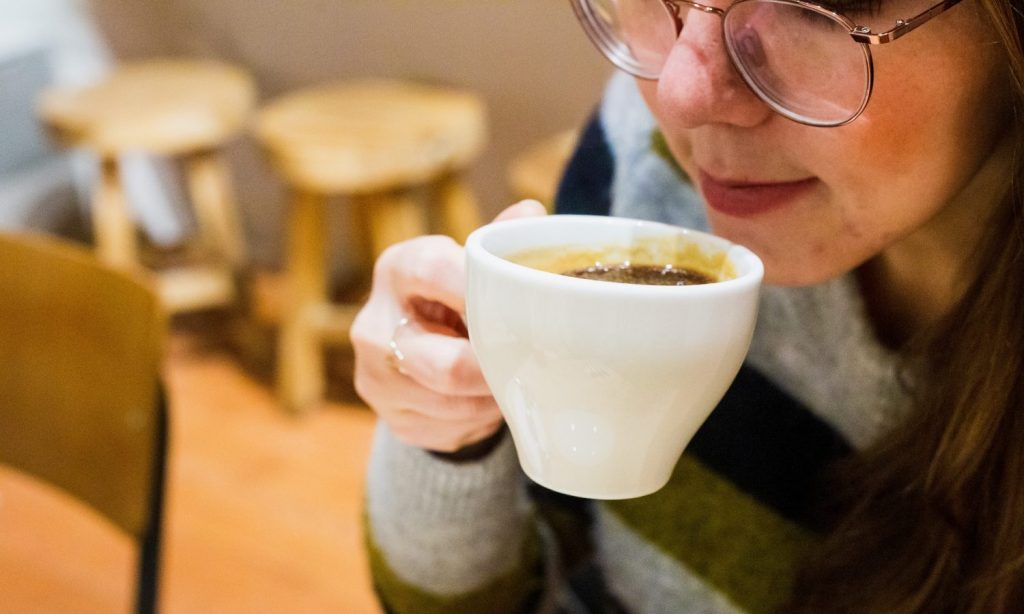
On a global and national scale, COVID-19 has impacted millions and continues to do so. What has been observed so far is that the virus produces various flu-like symptoms, such as fever, cough, and fatigue. But what’s especially unique about this virus is that it can also result in a loss of smell and/or taste.
Even if you’re diagnosed with COVID-19, this doesn’t mean you’re bound to lose your sense of taste and smell. This is a possibility, however, and according to a 2020 meta-analysis, 53% of individuals who tested positive for COVID-19 experienced changes in these vital senses. In many cases, individuals may experienced a reduction or complete loss in these areas right away or later on.

Probable and Possible COVID-19 Symptoms
In addition, if a reduction or complete loss of smell or taste occurs at any point, the Centers for Disease Control and Prevention (CDC) recommends self-isolating or testing for COVID-19. Other major symptoms of the virus to be aware of include chest pain, shortness of breath, and lethargy. Unfortunately, the exact reason why COVID-19 can impact one’s taste and smell remains unknown. However, one theory is that the SARS CoV-2 virus creates inflammation within the nose that can result in a loss of olfactory or smell neurons.
Significance of Our Senses & The Role They Play In Our Lives
Did you know that your sense of smell is closely related to your sense of taste? Although all five basic senses are important in their own ways, taste and smell work together in order to produce various fundamental sensations of everyday life. Interestingly, each human has anywhere from 5,000 to 10,000 taste buds, and each taste bud has 50 to 100 specialized sensory cells. With this being said, it’s understandable and normal for individuals to feel frustrated if they experience sensory changes due to COVID-19 or other causes.
RELATED: COVID-19 Loss Of Taste And Smell — How Long Does It Last?
Nonetheless, all of our senses play a significant role in our lives, and according to professor Tom Finger from the University of Colorado-Denver Medical School, an individual’s sense of flavor is a mixture of taste and smell. While chewing occurs, we force air through our nasal passages, which brings along the smell of food. Without this combination of senses, we wouldn’t be able to experience many different complex flavors.
Researchers are diligent on discovering more information about the cause, symptoms, and long-term effects of COVID-19. Most major research groups are conducting clinical trials so that the healthcare community can be better prepared for not only coronavirus, but other potential future pandemics.
Scheduling a COVID-19 Test & Doctor Appointment
If you experience any changes with your sense of smell and/or taste or if you exhibit other symptoms associated with COVID-19, the next step is to schedule a doctor’s appointment. Getting a COVID-19 test is likely, but it’s ultimately up to you and your doctor to decide what’s best.





